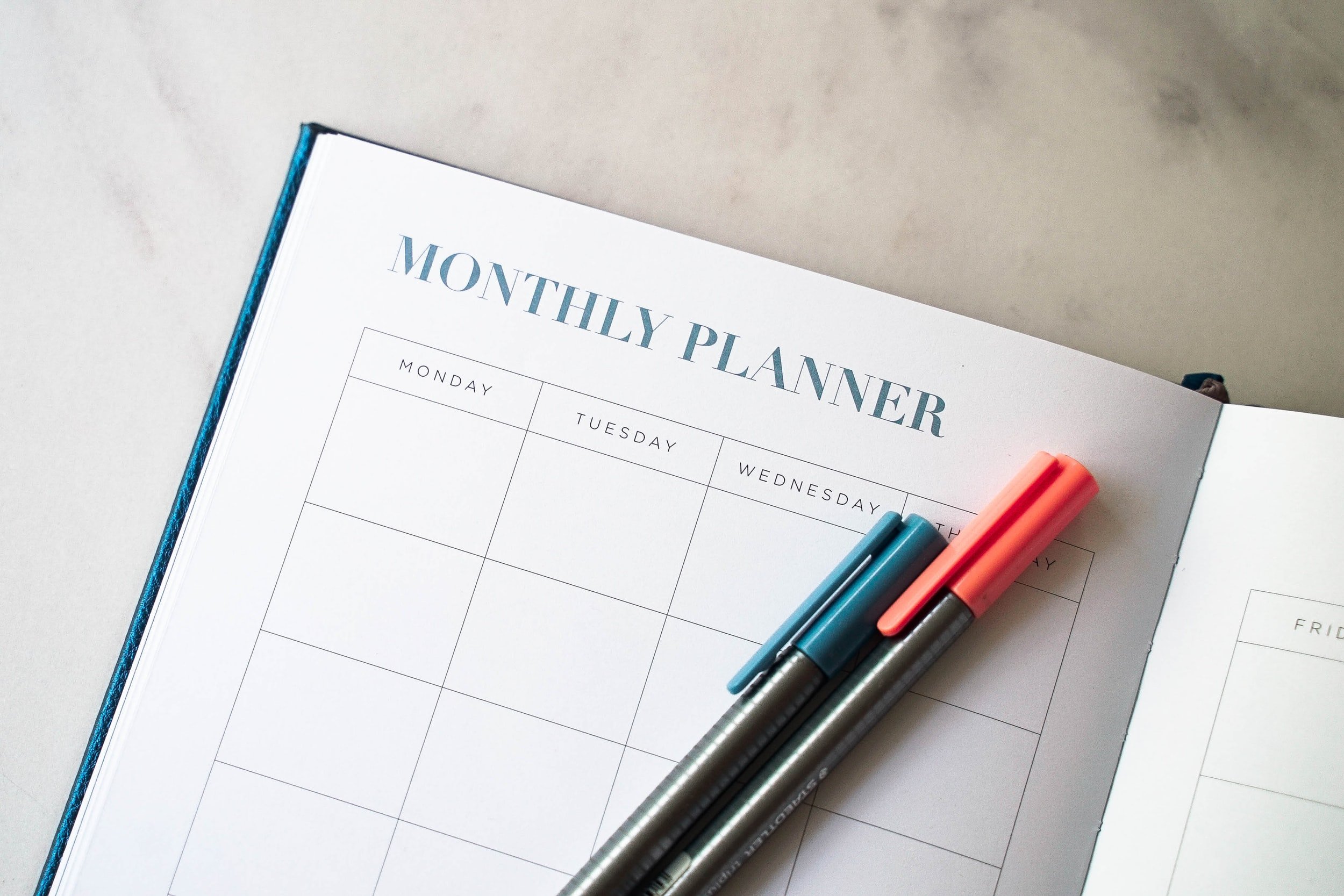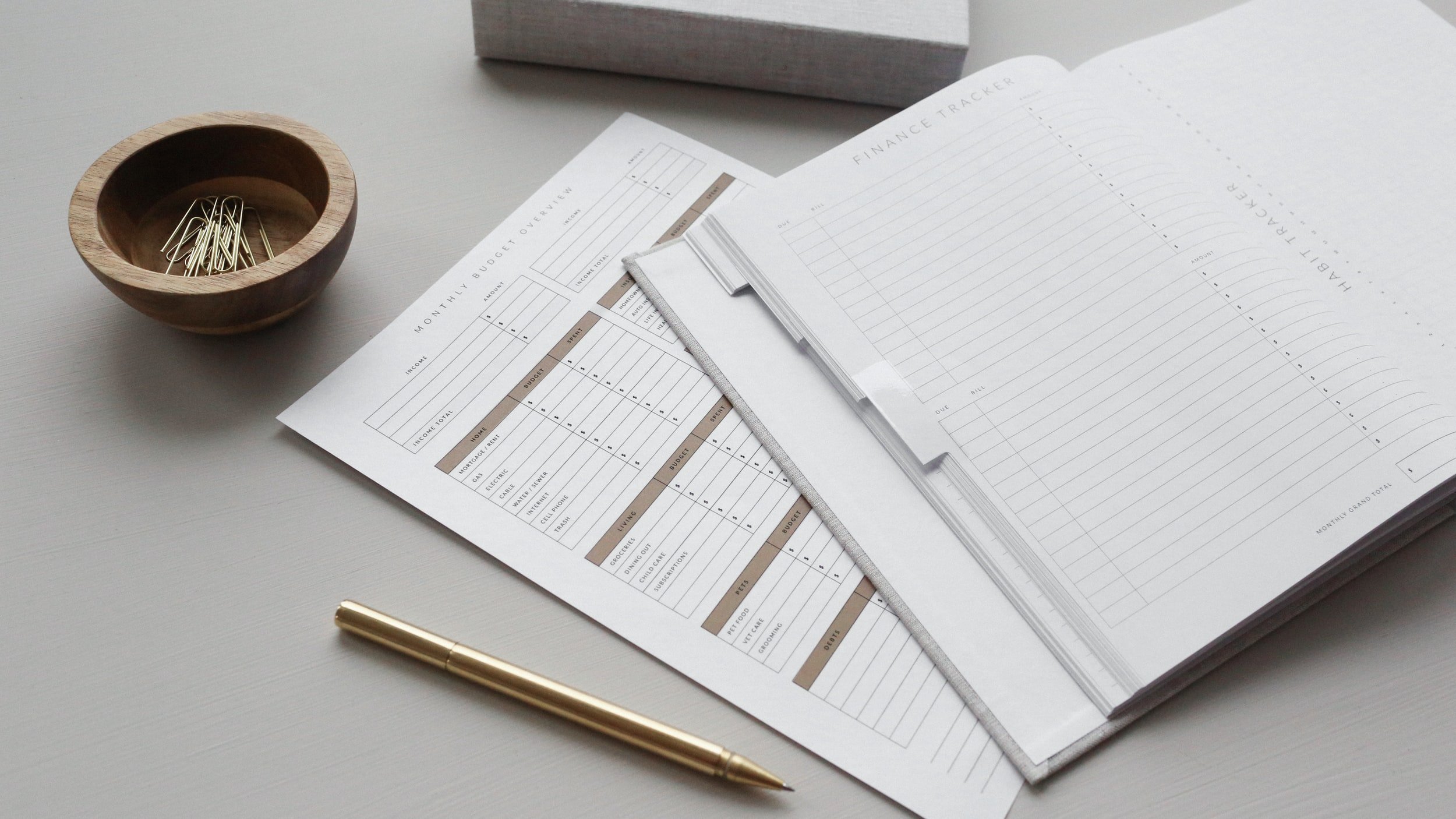How to Talk About the Future in English
We have a few different future tenses in English, and you might sometimes get confused about how and when to use them all.
In general, we have five different structures to talk about the future in English:
The Present Continuous
Be going to
The Future Simple – Will
The Future Continuous
The Future Perfect
But how do you know when to use which one? I mean, we have three different ways to talk about future plans! So it makes sense if you mix them up sometimes!
That’s why we’re going to break down all the future tenses today, and talk about the differences between all of them.
The main differences we’ll explore are how we:
Use the present continuous for arrangements and fixed plans
Use be going to for talking about an intention or general plan
Use will, the future simple, for talking about a spontaneous decision
Use the future continuous for things we will be doing at a specific time
Use the future perfect for things we will have done at a specific time
Of course, you know English is a sneaky language, and there are a few more differences and uses for each of these as well. But don’t worry! We’ll be exploring those, too. So, let’s get started!
Master the Future Tenses in English
Correct your mistakes and learn how to use the future tenses correctly with our grammar worksheets.
TALKING ABOUT THE FUTURE IN ENGLISH
1. The Present Continuous for Plans
We can use the present continuous with a time in the future when we want to talk about plans that we’ve already made.
We often add a future time marker so that it’s clear that we’re talking about the future.
Examples
I’m meeting him at five tomorrow.
He’s making lasagna for dinner tonight.
They’re leaving town next weekend.
Sometimes the future is already implied, in this case we don’t need to add a future time marker.
Examples
Are you coming to the concert?
She’s just going to the washroom. She’ll be back in a minute.
Commands and refusals
When we want to insist that people do or not do things, we can use the present continuous.
Examples
He’s not wearing that shirt to school!
I’m sorry – you’re not borrowing my bike.
We can also use this when someone invites us to do something, and we have to say no because of our plans.
Examples
Question: Do you want to hang out tonight?
Answer: (I can’t.) I’m meeting with my English teacher tonight.
Question: We’re seeing that new movie tonight. Wanna come?
Answer: I’m helping my mom clean her house.
2. Be going to
We can also use going to to talk about future plans. But there’s a slight difference between going to and the present continuous tense.
Talking about an intention or general plan
The main difference between going to and the present continuous is: have you made a specific arrangement yet?
So, we can use the present continuous when we have plans that we’ve already arranged. We don’t use it if we haven’t made a definite arrangement yet.
But we use going to when we have already made the decision or have the intention to do something, but we might not have made the plans or arrangements yet.
Compare
Who’s cooking dinner? (emphasis is on plans already arranged)
Who’s going to cook dinner? (No plans yet/asking for a decision)
She’s really going to stop talking to him. (emphasis is on the intention)
Making a prediction based on evidence
We can also use going to when we predict what is going to happen based on evidence that we have right now. We don’t use the present continuous in this context.
Examples
The sky looks dark. It’s going to rain soon.
The sky looks dark. It’s raining soon.
You look pale. I think you’re going to be sick.
We often use going to when something is about to happen right now, especially if the situation is dangerous. In this case, we often use the more informal gonna instead of going to.
Examples
The ladder’s shaking. He’s gonna fall!
Your shoelaces are untied. You’re gonna trip!
You should also read 5 Simple Grammar Changes for More Natural English to see how you can use these and other tenses to sound more fluent in English.
3. The Simple Future – Will
Will is a modal verb that we can use in a few different situations. But let’s talk about how we can use it to talk about the future, and how it differs from the previous two future forms.
Making a spontaneous decision
Just like going to and the present continuous structures, we can use will to talk about future plans and decisions.
But, unlike the other two, we use will when we’re making a quick decision, usually at the same moment that we’re speaking.
Compare
I’m buying that laptop tomorrow. (I’ve made specific plans to buy that laptop tomorrow.)
I’m going to buy that laptop tomorrow. (Maybe I’ve only decided to buy the laptop.)
I’ll buy that laptop tomorrow. (I just decided right now.)
Remember, we don’t use will to talk about future events that have already been planned or decided.
Examples
My best friend is going to have a baby.
My best friend will have a baby.
I’m meeting his parents on Sunday.
I will meet his parents on Sunday.
Quick decisions and offers
We can also use will when we make quick decisions about something we want to do right now, or when we're making offers or suggestions.
Examples
Are you tired? I’ll make you a cup of coffee.
I need to eat fast. I’ll make myself a sandwich.
When it comes to making decisions, we can use going to and will with the word “just” to emphasize our decision, especially if we’re tired of trying to decide.
Common structures
Just + going to → I’m just going to wait until next week.
Will + just → I’ll just make a sandwich.
Showing that we’re willing or ready to do something
We can use will to talk about things that we are able or free to do in the very near future.
In this situation, we usually use will instead of going to to show that we’re willing to do something right away or as soon as we can. If we use going to in this context, it sounds more like we plan to do it, but not urgently, and maybe after we’ve finished something else.
Compare
I’ll send that email to you. (I’ll do it right away.)
I’m going to send that email to you. (I’ll do it eventually, but not right away.)
Examples
Dr. Lopez will see you now.
I’ll eat anything you offer me!
She’ll buy your phone from you.
Making a prediction based on an opinion, feeling, or belief
And, just like going to, we can use will to make predictions.
But the difference between making predictions with going to and will is that we usually use will to predict things based on a feeling we have, on a belief, or based on previous knowledge that we have about something.
Examples
I have a feeling she will win that election.
Who do you think will win on Saturday?
She will probably show up late tomorrow. She always does.
NOTE: It’s okay to make predictions with either will or going to. There’s not a big difference in meaning. So, if you decide to use one or another, the meaning of your sentence won’t change very much.
Tenses after if and when
We normally use present tenses after if and when (not will) to talk about the future.
Examples
If I finish early, I will call you.
If I will finish early, I will call you.
When your food is ready, I will let you know.
Read further: What’s the Difference Between Will and Would?
4. The Future Continuous
Things we will be doing at or around a specific time
We use the future continuous to talk about what we will be doing at a specific time or around a specific time in the future.
We have to use action verbs with this tense because we are talking about an ongoing action, and something we will be in the process of doing.
We often use this tense with at or around and a specific time, such as at 9:00 or around noon.
Examples
I’ll be having dinner with him around 5:00 pm.
She’ll be running a marathon all day on Saturday.
They’ll be serving dinner from 6:00 pm - 9:00 pm.
Confirming a future plan or appointment
We also use the future continuous when we want to confirm a future plan or appointment. So you can use this to make sure that someone knows what’s on the schedule for the future.
We often use a phrase like “just to confirm” or “just to make sure” so that others are aware of the future plan.
Examples
Just to confirm: Your driver will be picking you up at 7:00 a.m.
We’ll be giving you a wake-up call at 5 in the morning.
Making a threat or promise
When we’re unhappy about something, such as a service or a product, we can use this tense to make a kind of threat that we will be taking some kind of action, like writing a negative review or talking to a manager.
Examples
I’m not happy about the service here. You’ll be hearing from me!
You better believe I’m writing a negative review about this restaurant!
We can also use this to make a promise or to assure someone that we will be doing what we said we would do.
Examples
If you come to the coffee shop, I’ll be waiting for you. I promise.
If he says anything weird, we’ll be getting out of there. I swear.
Read further: How to Use the Future Continuous in English
5. The Future Perfect
Unlike the future continuous, we use the future perfect to talk about things that we will have done, completed, or accomplished by a certain time.
Things we’ll have finished by a certain time
When we want to talk about what we will have done by a certain time in the future, or something that will be over by a certain time, we can use the future perfect. And, just like other perfect tenses, we also use the future perfect with just, already, yet, and still.
We can also use this tense with by then or by and a time expression, such as by 5:00 pm or by the end of the day.
Examples
They’ll already have finished the meeting by the time I get there.
She still won’t have arrived by then, so we’ll have to wait for her.
Talking about future accomplishments or experiences
We often use the future perfect when we want to talk - or dream - about important or interesting things that we hope we will have done or experienced by the end of a certain period or by the end of our lives.
So, it’s very often that we use expressions like by the time I’m ____ years old, by the end of the summer, or by or at the end of my life.
Examples
After this trip, we’ll have been to 8 different countries.
Just wait: After this school year, you’ll have made so many friends.
I hope that, by the end of his life, he’ll have had some incredible adventures.
Making a guess about what might have happened
We sometimes use this tense to make a guess about whether something has just happened or not. In this situation, we’re not making a guess about what will happen in the future or near future. We’re actually making a guess about the present based on current evidence or knowledge.
So, when we use the future perfect in this context, we can use it with a word like probably to show that we don’t know for certain.
Examples
Brian will probably have just left, so you might be able to catch him if you hurry.
They’ll have just gone to bed, so you shouldn’t disturb them right now.
Read further: What’s the Difference Between the Present Perfect and the Past Perfect?
Practice
Exercise 1
How can you fix the mistakes in the sentences below?
When are you gonna to stop dating people who are rude to you?
We decided we’ll going to order in tonight.
They will to meet us at the restaurant at 7:00 pm.
You are going to liking him, I promise.
When I will get off the phone, I will send you a text.
Exercise 2
Read the sentences and choose the correct future form.
At 1:00 pm today I _______________________ (will be having / will have had) a work lunch.
You have to leave now or _______________________ (they will have finished / they will be finishing) the presentation by the time you get there.
So, _______________________ (will you be making / will you have made) chicken for dinner?
We _______________________ (will be hiring / will have hired) more people next fall.
We _______________________ (will be adding / will have added) more members to the team by next spring.
Reflection and Writing Practice
I’m going to kill two birds with one stone now, or accomplish two things at once. I’m going to leave you with both a way to encourage yourself and to practice your writing.
Imagine that you’re talking to yourself from five years in the past, and your past self feels really discouraged about their current level of English.
Write a short note of encouragement to your past self about everything you’ve accomplished in English, even the small things. Actually, you should especially mention the small things, because they matter, too!
If you can, try to use all the structures that we reviewed today. Take note of the areas that are giving you trouble, but also highlight any areas where you used the structure well! It’s okay to be your own critic, but you have to give yourself some positive feedback, too!
About the Writer
Marta is an online ESL teacher who works with students from around the world. As a writer, language nerd, and content contributor for In English With Love, her mission is to empower English learners with knowledge and positivity.
















